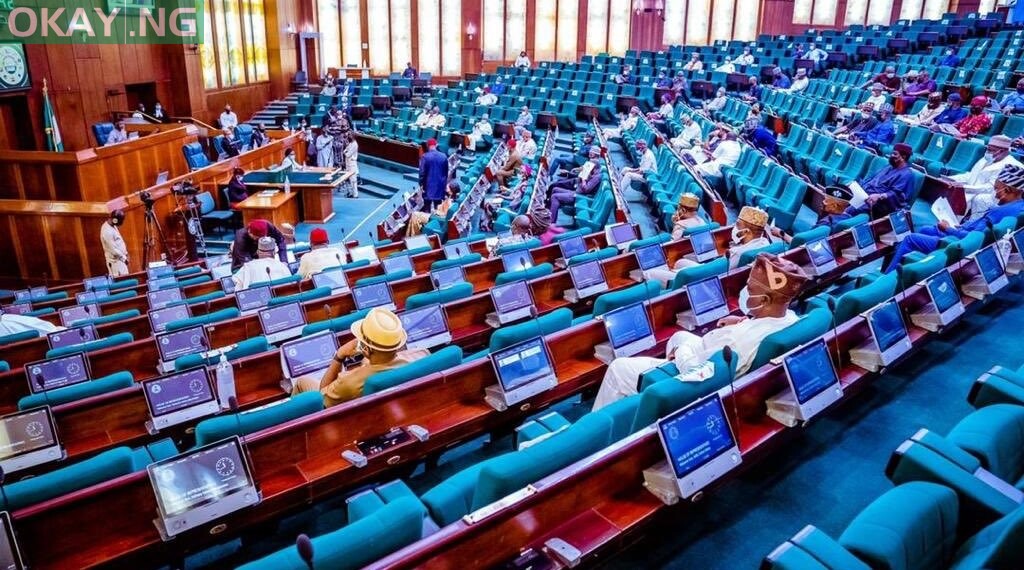The House of Representatives has firmly asserted that the Financial Reporting Council (FRC) Amendment Act, 2023, remains fully operational, dismissing the Minister of Industry, Trade and Investment’s directive to “pause” certain provisions as lacking legal authority. In a statement recently released, Rep. Akin Rotimi Jr., the House Spokesman, clarified that only the National Assembly possesses the power to amend or suspend existing laws.
This declaration follows reports that Minister Jumoke Oduwole had announced a temporary “pause” on the annual dues imposed on Public Interest Entities (PIEs) by the FRCN. “The government has decided to direct the Financial Reporting Council to pause the implementation of the new annual dues,” Oduwole stated, citing a need for review. However, this statement has now been directly challenged by the legislative branch.
“Nigeria is a constitutional democracy governed by the principle of separation of powers among the Legislature, Executive, and Judiciary,” Rep. Rotimi Jr. emphasized. “The National Assembly alone holds the constitutional authority to enact, amend, or repeal laws. No provision of the Constitution grants any public officer the power to unilaterally ‘pause’ or suspend any part of a duly enacted law.”
The House’s stance underscores the importance of adhering to established legal processes, particularly in matters concerning financial regulation. This clarification aims to dispel the “confusion and uncertainty among stakeholders and regulated entities” that arose from the Minister’s remarks, as Rep. Rotimi Jr. noted.
Read Also: Election Overhaul: House Moves to Resolve Petitions Before Inauguration
“For the avoidance of doubt, the Financial Reporting Council of Nigeria (Amendment) Act, 2023, remains in full force and effect until the National Assembly amends it,” he reiterated.
This situation highlights the delicate balance between executive action and legislative oversight. While the House acknowledges the Minister’s intent to engage in constructive dialogue with stakeholders, they insist that any modifications to existing laws must follow the proper legislative channels.
“The House of Representatives acknowledges that the administration of President Bola Ahmed Tinubu values stakeholder engagement and welcomes constructive dialogue,” Rep. Rotimi Jr. stated. “However, any modifications to an existing law must follow the proper legislative process to uphold the rule of law and democratic governance.”
The House has issued clear directives to ensure compliance and maintain regulatory stability:
- The FRC is to continue executing its statutory responsibilities in full compliance with its enabling Act.
- All Public Interest Entities (PIEs) must adhere to the law as it stands.
This firm stance by the House of Representatives aims to ensure legal clarity and regulatory stability, fostering an environment conducive to business and economic growth in Nigeria. The message is clear: the FRC Act remains the law of the land, and any changes must come through the established legislative process.












